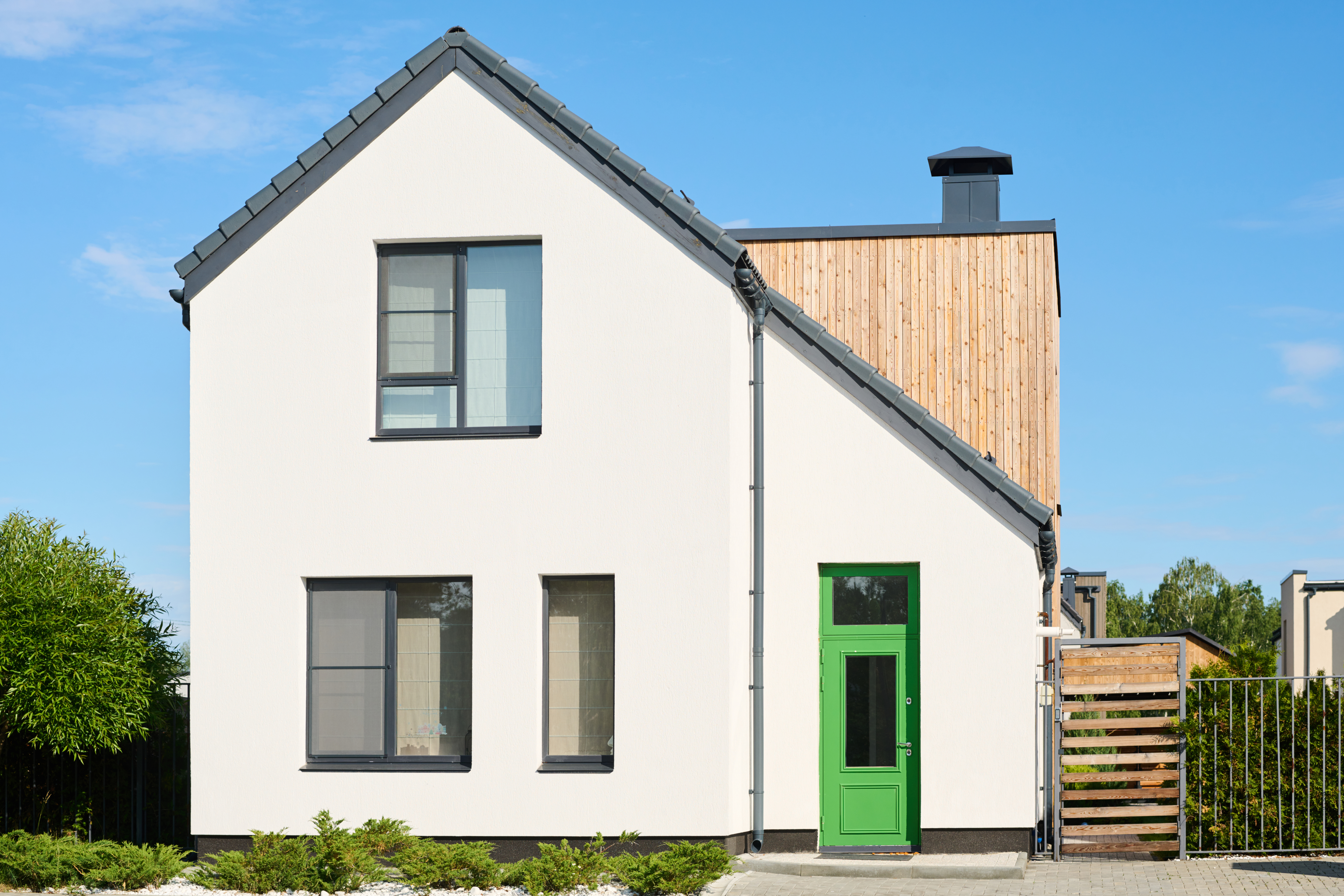Andreas Ibel, President of Build Europe, the association of property developers and homebuilders, considers the importance of trust and why housing is at the heart of the concerns of Europeans
Recently, the world witnessed major riots across the EU by farmers protesting against the regulations that institutions have developed over the last few years.
Now, imagine waking up to the news of widespread protests, not by farmers this time, but by ordinary citizens demanding housing at affordable prices.
This isn’t a distant possibility but a worrying reality as the EU faces an unprecedented housing crisis. As a property developer and a representative of homebuilders across the EU, I watched the farmers’ protests with a mix of concern and understanding: although I do not entirely agree with the means by which the farmers’ demands were pursued, I understand their anger
and alarm.
The construction sector has been among the most affected by EU regulations in recent years.
For example, while we previously focused on creating nearly-zero energy homes, upcoming European policies will require us to aim for zero-emission buildings.
Meanwhile some Member States, by arguably over-implementing the EU’s net-zero land take by 2050 target, have significantly reduced the availability of building land, leading to a decrease in its affordability.
And as if all this were not enough, this wave of regulations has been complemented by inflation, rising construction costs, and growing interest rates.
The result is one of the most acute housing crises ever experienced in the EU, with a severe housing shortage all
across Europe.
We are witnessing a perfect storm, which will become a perfect hurricane, which will put decent housing out of reach for millions, if the EU does not intervene.
In France, for example, new building prices have surged over 30 per cent in the last three years, with a projected 30 per cent decline in new housing production over the next two years, leading to a shortage of approximately one million homes for the population’s needs.
This crisis isn’t about buildings. This crisis is about people. It’s about families struggling to find a decent place to call home at an affordable price.
It’s about more than five million companies, predominantly SMEs and family businesses, which account for 10.3 per cent of the EU’s GDP and employ 25 in the balance.
We can build zero-emission, sustainable, energy-efficient homes, and are happy to do so, as the more people that will be living in new eco-friendly housing, the more our continent will reduce its emissions. However, how many citizens and families will be able to afford these houses?
What are the EU and national governments doing to reduce construction costs and boost housing
supply to meet the growing demand driven by a rising population?
Housing affordability must be the priority for the next European Commission and Parliament: not just to sustain a vital economic sector, but also because failing to ensure that citizens can afford decent houses could lead to widespread social unrest and economic difficulties across Europe.

Also, the EU must consider that without access to new housing, all potential environmental benefits are lost. The macro causes behind the current housing affordability crisis are very simple:
- A supply-demand mismatch, with population growth outpacing housing availability
- Increasing land prices due to land scarcity
- Rising construction costs, exacerbated by overregulation, war, inflation, and high interest rates
- Onerous taxation on housing, often throughout its lifetime, from production to sale
If we all agree on the causes, the EU policy objectives are as clear as they are urgent:
- Increase housing supply financing and removing non-economic barriers to new constructions
- Facilitate and speed up land supply and building permits for new housing projects
- Reform tax policies to lighten the burden on homebuyers and homebuilders
We’ve proposed numerous solutions to EU institutions to decarbonise our housing stock while also considering the basic needs and aspirations of EU citizens in terms of homes.
People struggling to afford decent housing may not have protested like the farmers, but that doesn’t mean they don’t hold the EU accountable for their situation.
However, they still maintain respect for EU institutions and national governments.
Similarly, developers and homebuilders are convinced that their voice will be heard through presenting facts, data, and solid arguments, and that there is no need to shout when speaking the truth and working for a good cause.
Maybe we are too optimistic, but we truly hope that the upcoming European elections present a chance to make sure that the EU’s environmental ambitions complement, rather than compromise, housing affordability.
If recently introduced EU regulations on construction prove to be excessively strict, further exacerbating affordability issues, we anticipate that the next EU legislative session will acknowledge and employ all necessary means to rectify this situation.
We also expect that the EU will support first-time buyers aspiring to access new housing, the ‘greenest’ and most sustainable option in the market.
But if we are wrong, and it passes the message that effective lobbying can be done solely through riots, I am afraid the distance between citizens and the magnificent but distant EU palace will be unbridgeable.
Housing is at the heart of the concerns of Europeans: if they lose trust in the EU, there can be no true union in Europe. We ask EU policy makers not to wait for the next protest to act.








